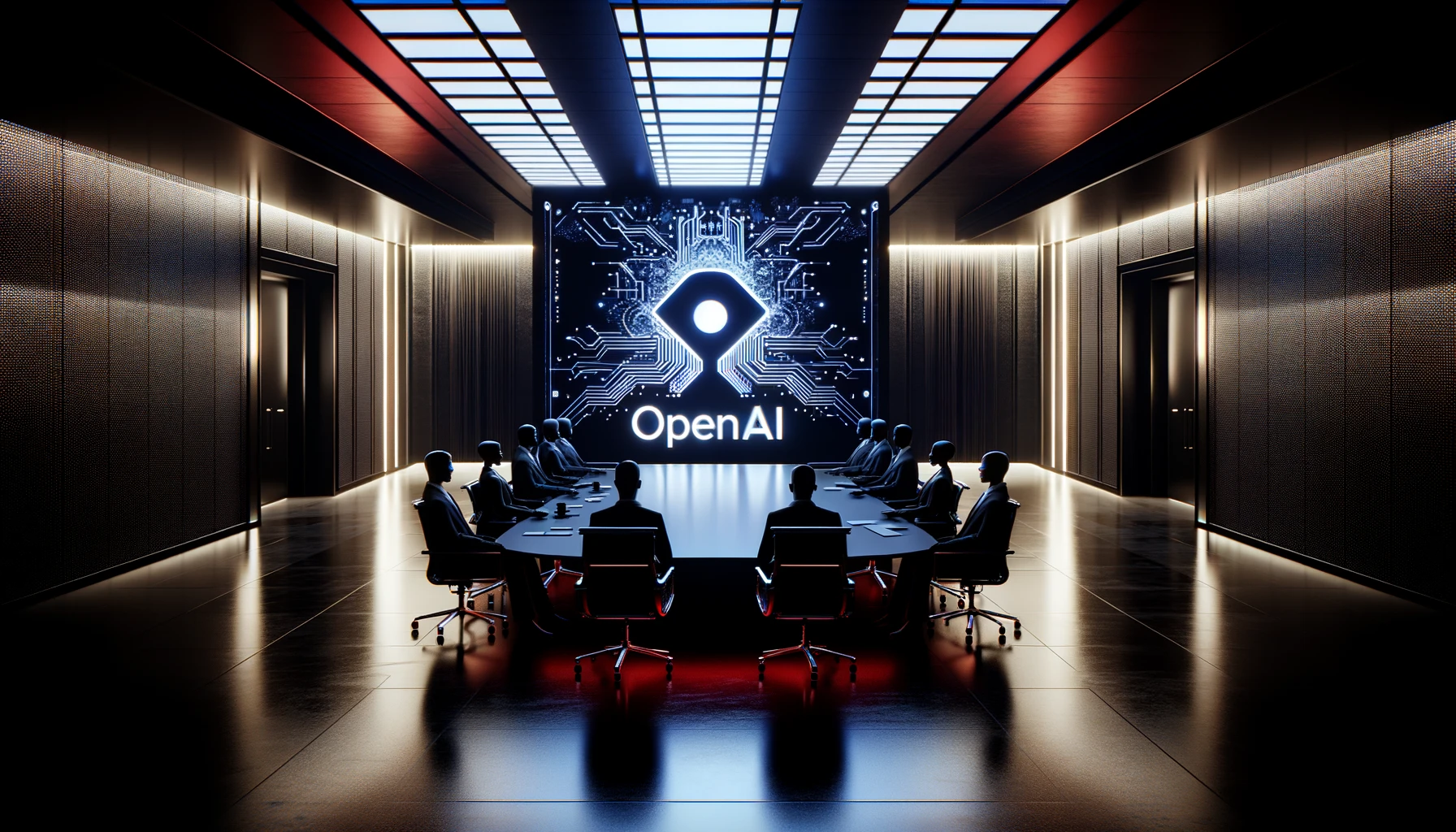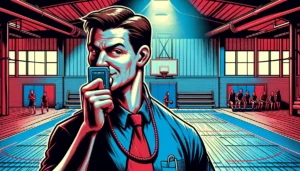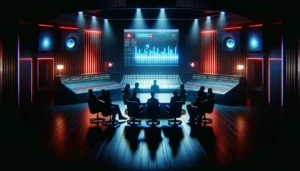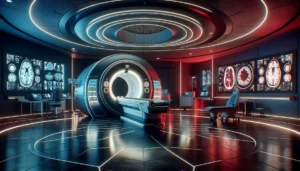OpenAI is venturing into Hollywood armed with “Sora,” its impressive text-to-video model.
Scheduled for public release later this year, Sora can generate realistic video from textual descriptions and has already captivated Hollywood stakeholders, including producer Tyler Perry, who postponed an $800 million expansion of his Atlanta studio after witnessing its potential firsthand.
Perry was astonished, stating, “Being told that it can do all of these things is one thing, but actually seeing the capabilities, it was mind-blowing.” However, he also expressed concerns over the workforce, emphasizing the need to protect creative industries.
OpenAI intends to integrate Sora into Hollywood productions, a plan that has been ill-received among creatives who fear their jobs are at risk.
According to Bloomberg, OpenAI said of its plans: “OpenAI has a deliberate strategy of working in collaboration with industry through a process of iterative deployment – rolling out AI advances in phases – to ensure safe implementation and to give people an idea of what’s on the horizon. We look forward to an ongoing dialogue with artists and creatives.”
As AI’s influence grows within the entertainment industry, its capacity to disrupt traditional workflows and job roles has become a topic of intense debate.
Last year’s Hollywood writer’s strike showed that people are unwilling to lie down and accept AI job replacements.
These strikes also showed that directors perhaps don’t share the same sentiment.
They want AI and are actively investing in it. Anything to keep costs down will be explored in an industry where margins are slimmer than ever.
AI challenges creativity
OpenAI’s venture into Hollywood has been met with controversy. It’s unclear how Sora was trained, particularly after CTO Mira Murati was left bemused when questioned about where the company got Sora’s data.
OpenAI taking meetings with Hollywood studios and directors 2 WEEKS after their CTO dodged questions about data they clearly stole.
Un-f*cking-believable. https://t.co/qbewb5gxoO pic.twitter.com/KSgQJdeujp
— Reid Southen (@Rahll) March 22, 2024
Researchers will no doubt probe Sora like they did MidJourney to expose any obvious copyright infringement.
Meanwhile, job losses in creative sectors are beginning to escalate. A recent study, “Future Unscripted,” showed the potential scale of job losses across the entertainment sector, projecting 204,000 lost jobs in entertainment across the US alone.
In film, television, and animation – a workforce nearing 550,000 – about 21% of jobs are expected to be impacted by 2026, primarily due to the integration of generative AI into tasks like 3D modeling, character design, and voice generation.
Despite slower adoption of generative AI, the music and sound recording fields aren’t immune, with approximately 1,800 jobs at risk within the same timeframe.
I hate this with my whole body. Why is OpenAI pitching to Hollywood? As an actress in Hollywood, this feels unsettling, unnecessary, and OBNOXIOUS. Please do not buy into any narrative you hear about “AI is just a tool.” The end game is very plainly to replace all human labor.… https://t.co/L1HywmuvjI
— Heather-Ashley Boyer (@HeatherAshleyB_) March 24, 2024
The conversations around Sora reflect a microcosm of the larger debate surrounding AI in the creative industries – a debate characterized by a mix of excitement for the future and apprehension about what might be lost in the transition.
The challenge remains: how to harness the power of AI like Sora, not as a replacement for human creativity but as a catalyst for new forms of expression that respect integrity. Many simply view this as impossible.





